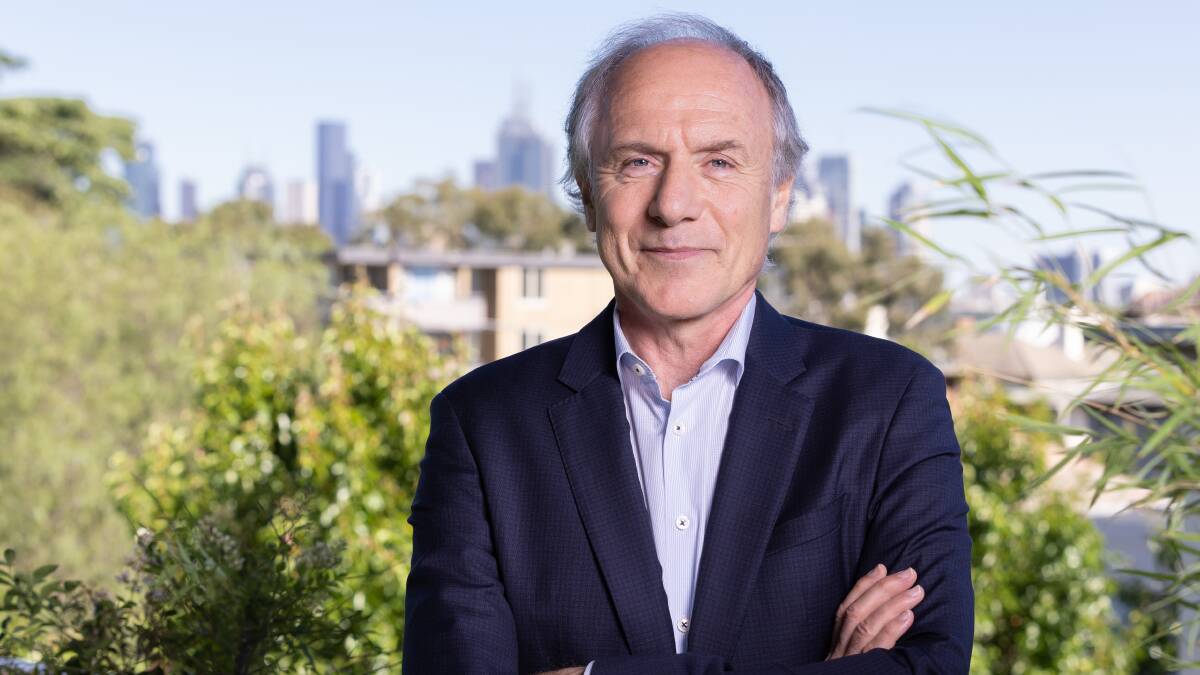
Dr Alan Finkel chairs the council working with the Australian government to develop its low-emission technology roadmap.
The former Chief Scientist of Australia and 2022 Officer of the Order of Australia appointee admits the pace of change concerns him.
"I'm really uncomfortable with the ongoing rate of increase of greenhouse gases into the atmosphere," he said.
"You think in your mind's eye about the graphs you would like to see where the level of carbon dioxide in the atmosphere gets to a peak and then starts coming down, or just the rate of increase rolls off, we're not seeing that."
Dr Finkel AO was recognised this week for his work relating to energy innovation and research infrastructure capability, climate change and COVID response initiatives, as well as science and engineering education.
The work of Dr Finkel and his colleagues will contribute to the release of Australia's Long-Term Emissions Reduction Plan later this year, after an update of the 2020 version was revealed at Glasgow.
Dr Finkel said Australian and international investment in solar and wind supported by batteries and clean hydrogen was accelerating.
"Investment is starting, the direction of travel is clear, but it's not fast enough to yet balance the increasing demand," he said. "I'm confident that we'll get there, but it does worry me that we're not getting there as fast as we need to."
Now Melbourne-based, Dr Finkel authored the 2021 Quarterly Essay, Getting to net zero and was the founder of a tech startup in SIlicon Valley before tech startups in Silicon Valley were cool.
At the onset of the pandemic he established the Rapid Research Information Forum - an assembly of the brightest minds in Australia who provide pandemic related solutions to ministers in the shortest possible time.
He is also the co-founder of an organisation providing resources to school teachers to optimise science education.
In addition to developing a Netflix addiction in lockdown and spending more time cycling, sailing and walking, Dr Finkel has kept busy brokering bilateral partnerships in the clean technology arena.
It does worry me that we're not getting there as fast as we need to.
Dr Alan Finkel
He said in the last year deals have been signed with the United Kingdom, Japan, Germany, Singapore and Korea for investment in clean hydrogen and green steel.
The idea will be to secure government funding from both sides to help clean energy and clean technology industries invest in projects in Australia.
Dr Finkel said the pandemic has been a blip in climate action strategy, rather than a major setback on the transition to net zero globally.
"We have to get solar and wind out there at huge levels in all countries," he said.
"Because as rapidly as some countries are investing in new technologies and policies to reduce emissions, globally, you've got many, many countries that are bringing people out of poverty into middle class and in large numbers, and those people are expecting to get some of the privileges the benefits of being a middle class.
"I don't think the solution is to ban things, because you can't take away from people their right to live the life that they're choosing to live.
"The solution is to invest in a massive scale up of the zero-emission solutions."
MORE AUSTRALIA DAY HONOURS:







